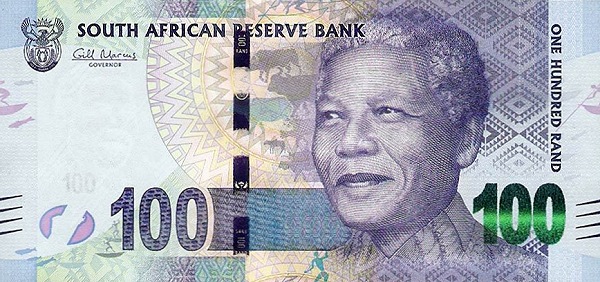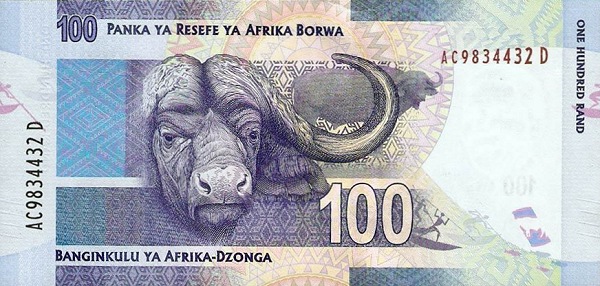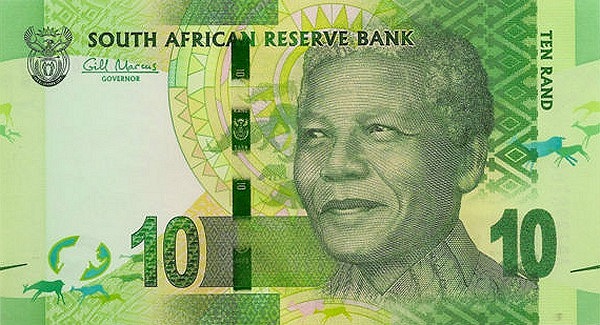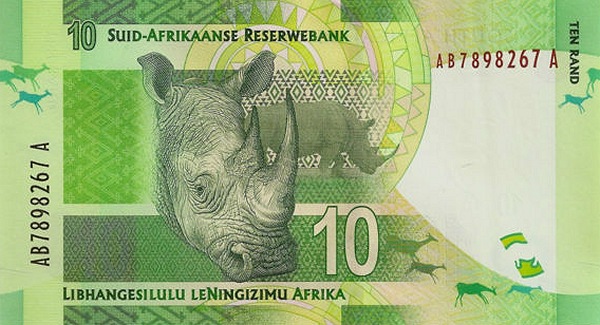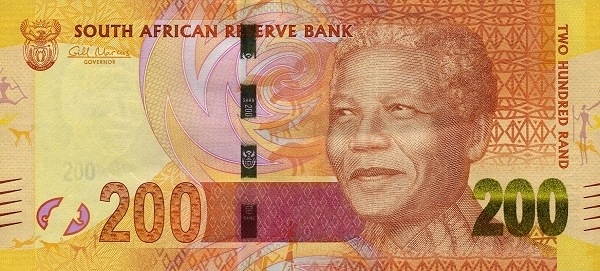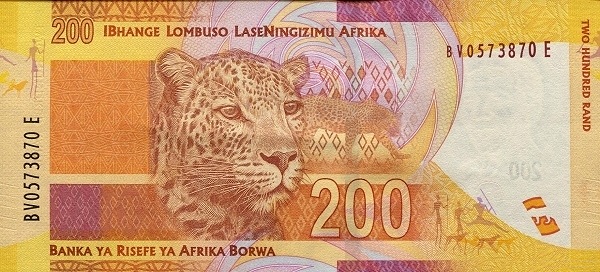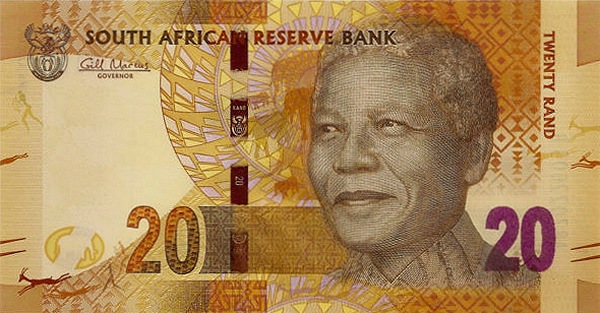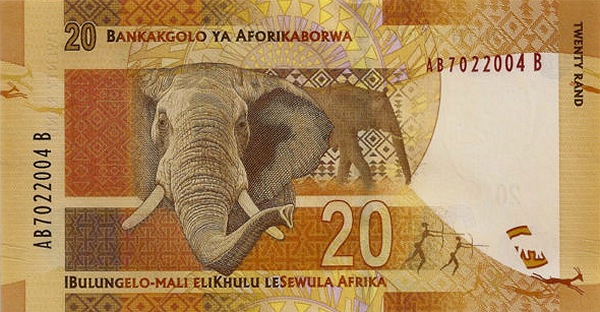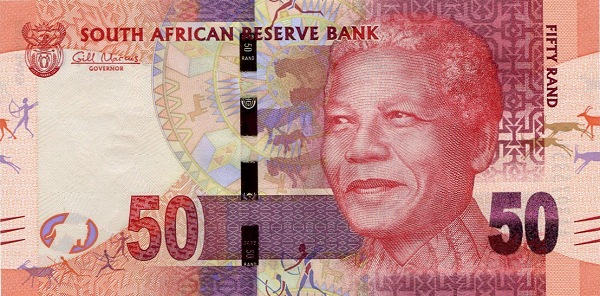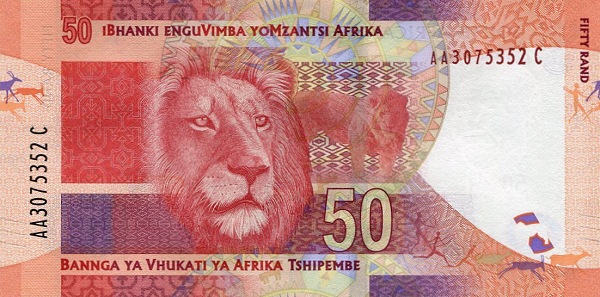Exploring South Africa: A Brief Overview
South Africa, often referred to as the Rainbow Nation, stands out as a vibrant and diverse country located at the southern tip of the African continent. This remarkable nation shares its borders with Botswana, Mozambique, Namibia, Swaziland, and Zimbabwe. Interestingly, the small Kingdom of Lesotho, entirely surrounded by South Africa, adds to its unique geographical tapestry. Remarkably, South Africa spans an area of 1,221,000 km², which makes it slightly larger than twice the size of France or, to put it in another perspective, just under twice the size of the US state of Texas.
Demographics and Languages
As of 2024, South Africa boasts a population of approximately 60.5 million people. The country's administrative capital, Pretoria (also known as Tshwane), serves as a political nerve center. In contrast, Cape Town functions as the legislative capital, while Bloemfontein (or Mangaung) serves as the judicial capital. Johannesburg, the largest city in South Africa, pulsates with economic activity and cultural vibrancy.
The linguistic landscape of South Africa is equally fascinating, featuring eleven official languages. These include Afrikaans, English, Ndebele, Northern Sotho, Sotho, Swazi, Tswana, Tsonga, Venda, Xhosa, and Zulu. Among these languages, Zulu (isiZulu) emerges as the most widely spoken first language, accounting for around 23% of the population. Following closely are Xhosa (isiXhosa) and Afrikaans, contributing 16% and 13.4%, respectively. This linguistic diversity reflects the rich tapestry of cultures that define South Africa.
Religious Landscape
In terms of religious beliefs, South Africa predominantly embraces various branches of Christianity, which comprises around 86% of the population. This religious diversity also contributes to the country's rich cultural heritage, allowing for a multitude of traditions and practices to flourish.
History and Cultural Significance of South Africa
Delving deeper into the history of South Africa, one must consider its designation as "the Rainbow Nation." This title reflects the nation's profound ethnic diversity. Before the arrival of Dutch settlers in the mid-17th century, various indigenous groups inhabited the land, including the pastoral Khoekhoe (Khoi), the hunter-gatherer San, the Xhosa, and the Zulu. The arrival of these settlers marked the beginning of a long and often aggressive colonial expansion that adversely affected the Khoekhoe along the southern and western coastal regions.
The British seized control of the Cape from the Dutch in 1795. Although the colony reverted to Dutch governance seven years later, it returned to British rule in 1806. The rise of the powerful Zulu king Shaka during this period prompted many Dutch settlers, known as the Boers, to migrate north and east in search of new lands to establish their republics. As fortune would have it, the discoveries of diamonds in 1867 and gold in 1886 led to an influx of wealth and immigrants. Alarmingly, this wealth came at a steep cost, leading to intensified subjugation of indigenous inhabitants that persisted until the late 20th century.
The 1990s marked a seismic shift in South African history. The infamous system of apartheid finally came to an end, leading to the nation's transition toward democracy. In this period of transformation, Nelson Mandela made history by becoming South Africa's first democratically elected president in 1994, symbolizing hope and renewal for many South Africans.
The Political Framework of South Africa
Understanding the political system of South Africa reveals a well-structured constitutional democracy characterized by a three-tier system of government. Notably, this structure includes a legislature, an executive branch, and an independent judiciary. Within this framework, the President holds the dual roles of head of state and head of government. Moreover, the National Assembly, which serves as the lower house of Parliament, consists of 400 members who are elected every five years. This electoral system ensures that the voices of citizens echo through the halls of government, fostering the principles of democracy.
Economic Landscape
Economically, South Africa stands as one of the continent's most influential players. The nation possesses abundant natural resources, including gold, diamonds, and platinum. In addition, agriculture contributes significantly to the economy, with diverse products ranging from citrus fruits to wine. The tourism sector thrives, drawing millions of visitors each year who are eager to explore the breathtaking landscapes and rich wildlife. Notably, attractions such as Table Mountain and Kruger National Park further enhance South Africa's appeal.
Natural Wonders and Heritage
This country is not only rich in culture but also renowned for its stunning natural beauty. From the rugged coastlines to the majestic mountains, each region showcases unique landscapes. Furthermore, UNESCO recognizes several World Heritage Sites across South Africa, including the stunning Table Mountain and the vibrant Cape Floral Region. Each of these sites offers visitors a glimpse into the ecological diversity that the country has to offer.
A Unique and Diverse Future
Looking forward, South Africa is poised to embrace a diverse and innovative future. The blend of cultures, languages, and traditions enriches the social fabric of the nation. As it continues to grow and evolve, South Africa remains a symbol of resilience and hope. The journey from its complex past to a bright future highlights the spirit of its people, who continue to foster unity and strive for inclusivity.
In conclusion, South Africa embodies a rich tapestry of history, culture, and natural beauty. With its mesmerizing landscapes, vibrant cities, and diverse population, it invites exploration and appreciation. Truly, this nation stands as a beacon of diversity and resilience on the African continent.
Largest cities of: South Africa
| City Name | Population | Year of foundation | |
| Pretoria | 741,000 | 1855 | |
| Cape Town | 433,688 | 1652 | |
| Bloemfontein | 256,185 | 1846 | |
| Johannesburg | 957,441 | 1886 | |
| Tshwane | 741,000 | 1855 | |
| Durban | 595,061 | 1824 | |
| Port Elizabeth | 312,392 | 1820 | |
| East London | 267,000 | 1848 |
South Africa: Money
